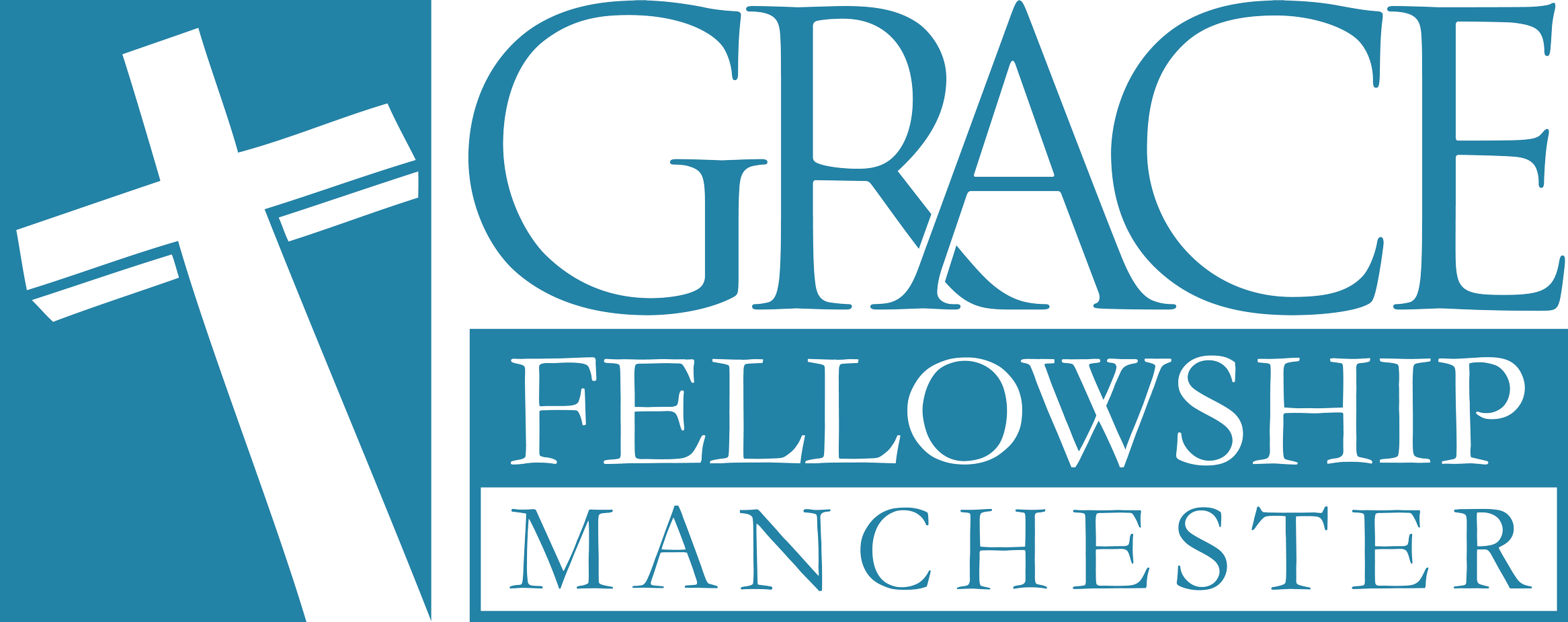>
There are many Christians today who have a tendency to look down upon other believers who have a desire to see the Lord work signs and wonders in our midst in the present day. “Isn’t the preached word enough?”, they say. “Isn’t the word of God living and active? Isn’t it the preached gospel that is the power of God unto salvation? Isn’t the desire for a sign something that Jesus condemned as being perverse and unbelieving? Wouldn’t a sign or wonder detract from the centrality of the preached word?”
Like in almost all debates among believers, there is an element of truth in the statements above. But without getting into this too heavily right now I just want to point out that, in the minds of the Biblical writers, there is a false dichotomy at work in the above statements. The Bible knows nothing about a dichotomy between Word and Spirit, or a division between the preached word and signs and wonders. Actually, in several places we see the two coming together to form a balanced picture of what we should hope and pray for as we seek to proclaim the gospel of Christ in our day. Consider the following three examples:
1 Kings 17:18-24
Notice that Elijah had spoken words of truth to the widow before (“the word of the LORD in your mouth is truth.”), but it was only after Elijah raised her son from the dead that she said that she “knew” that Elijah was a man of God who was speaking the words of God. Here we have on example from the Old Testament of how signs and wonders can help to confirm and convince of the truthfulness of the preached word.
Acts 4:24-31
Here we have an even more explicit example of the early Christians’ view of the relationship between signs and wonders and the preached word. Notice these two petitions that come one right after the other:
1.) “grant that Your bond-servants may speak Your word with all confidence”
2.) “while You extend Your hand to heal, and signs and wonders take place through the name of Your holy servant Jesus”
Far from there being a divorce between signs and wonders, the early Christians specifically prayed that God would grant these things to take place while they were speaking the word! There was no concern that the working of signs and wonders would somehow detract from the proclamation of the gospel message.
Acts 14:1-3
Here is a final passage that is virtually self-explanatory. I would just point out two things:
1.) The working of signs and wonders was taking place in conjunction with the preached word. Again, there is nothing here that would make us think that signs and wonders are a detraction from, or a distraction to, the preached message.
2.) The text states that it was God Himself who was testifying to His own word, by causing signs and wonders to be done by the hands of Paul and Barnabas! Here we can see that the objection of “Isn’t the preached word enough?” just does not deal with the whole picture. At least in this case the preached word by itself was not “enough”, or God would not have seen fit to grant signs and wonders for the purpose of testifying to His word!
Brothers and sisters, I put these things before you for your consideration in the hope that you would allow the Bible itself to shape your understanding of the relationship between the word and wonders. If the early Christians needed God to testify to the word of His grace by performing signs and wonders in their midst, how much more do we! May these things cause us to hunger and thirst for a fresh outpouring of the Holy Spirit in our day, that the church would be built up, and that sinners would be gloriously saved.

